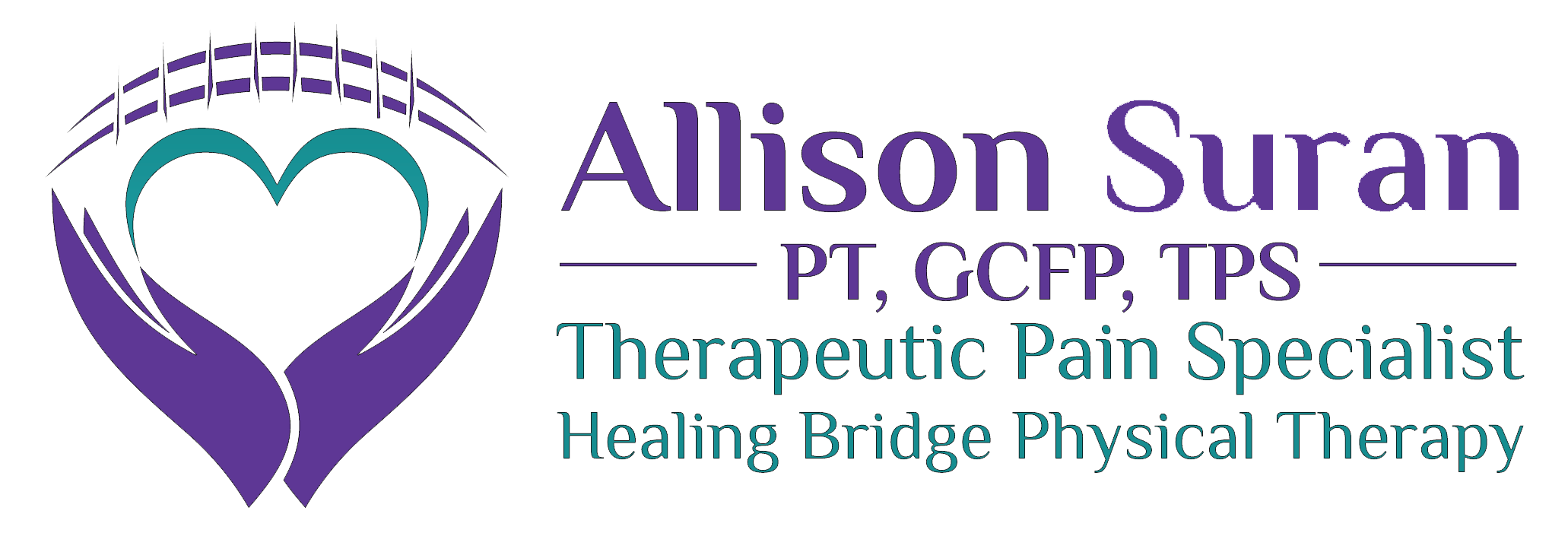New Year’s Resolution: Strengthen Your Gratitude Muscle
January, 2018
There’s plenty of research that tells us that expressing more gratitude supports a healthier life. Not just emotionally but the experience of gratitude releases chemicals in our bodies that support our physical health as well. Yet when faced with challenges our mind’s capacity to focus on the negative can take over. This is a primitive, survival and unconscious response – at least until we let ourselves consciously acknowledge it. It is in that moment that we have a choice: Continue to follow the wave of negative feelings and self talk that perpetuate the release of bodily chemicals that make us feel crummy, or find a way to make a shift.
Before blindly trying to shift to gratitude, it is also important to find a way to take care of the worry, fear, overwhelm, anxiety, or whatever the difficult experience or circumstance is creating. Trying to push away the discomfort rarely works, or is only successful temporarily, until the monster of negativity returns. New research suggests that any emotion, when truly felt, only takes 90 seconds to pass. To learn more, look up this 15 minute TEDx talk on-line: Emotional Mastery: The Gifted Wisdom of Unpleasant Feelings – Dr. Joan Rosenberg – TEDx SantaBarbara
Once you have learned to experience, feel safe with and honor the uncomfortable emotions that come up you can begin to look around you for things to be grateful for – of which there are many. Unfortunately once again, the judgmental, comparing mind can make this more complicated than it needs to be. Just being grateful for each breath is a simple start. Although many of us can be grateful for family, friends, our home, cars, jobs, health, etc. There are many other people whose lives have been so challenging that family and a support system may be distant or non-existent. Many of my patients are challenged with daily and hourly persistent pain, which can consume the thinking mind and blind them to seeing the blessings around them. It can require persistent diligence and patience to appreciate the capacity to shift ones attention towards what is working from what is not going well.
I have personally experienced several challenges this past year. Not the least of which was on December 14th when my husband had to be taken by ambulance to the Emergency Room at St. Charles for excruciating shooting pain from his upper back down both his legs while the strength and sensation in his legs gradually disappeared. (He is home and doing very well now, learning to find his balance and walk again). We were surrounded by so many people in the hospital, a few of whom we knew, who were in a much worse condition than he was. After our initial shock, we were able to receive the blessings of friends, family and caregivers, and recognize how grateful we were as things could have been so much worse.
I suspect my challenging experiences this past year ultimately helped strengthen my gratitude muscle as I learned over and over again to shift my attention and recall my blessings. Even in the midst of one of the most difficult experiences of my life: watching my strong, capable, can-do-anything husband succumb to a spinal cord injury, I was able to see how things were falling into place to support a successful recovery. That’s not to say that there weren’t and still are moments where I am overwhelmed by fear and worry. In these moments I have learned to stop, place my hand on my heart and gently say to myself, “90 seconds”. I pause, breathe, feel, often cry and just let it all out. Miraculously, the strong emotion passes, and I go on with my life. Eventually I remind myself to give thanks and feel into the gratitude of my many blessings.
Like any new exercise, living a more grateful life takes practice with pacing and patience. Some days will be better and more consistent than others. Some weeks you may forget completely then get back on the gratitude wagon the next week. If your thinking mind has practiced focusing on what’s not going well, it is in a habit. This means it doesn’t take any thought or energy to go to the place of negative familiarity. So making the shift takes gentle intention. You can’t beat, shame or demand yourself into gratitude. It takes developing your own kind and caring inner voice that will coax and remind you of your blessings and love and forgive you when you forget. Ultimately the pleasure of living a grateful life will begin to call you more often than the old habit of negativity. Not that you will ever be free from difficult experiences, but you may find more freedom in balancing the challenges with the awareness of the blessings of your life!
May you experience your blessings more fully in 2018!
